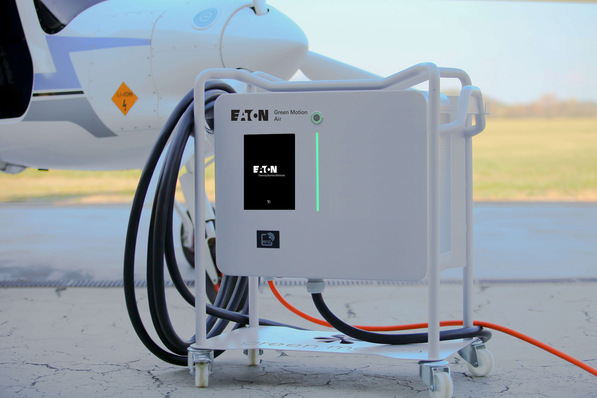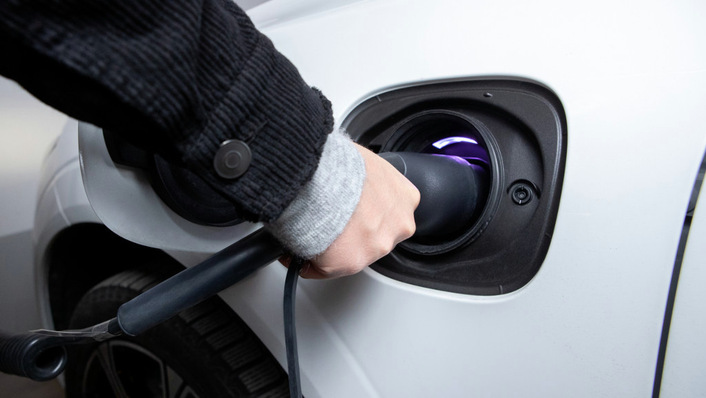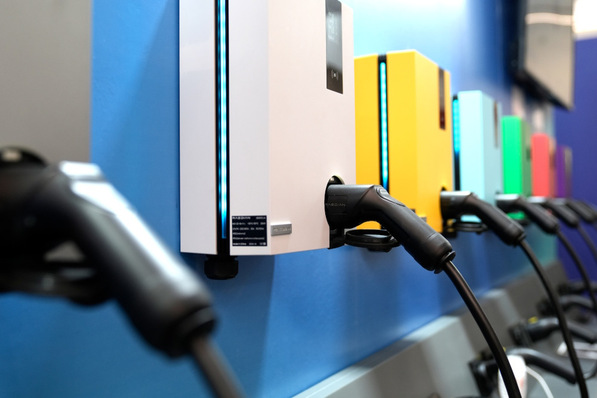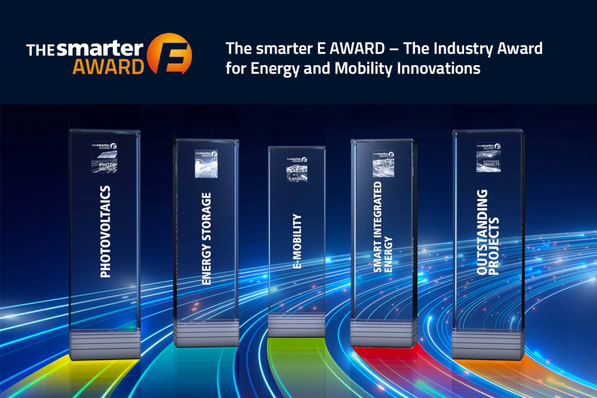A first test vehicle of the Rhenus Group was equipped with light intensity sensors for this purpose. It will now be driving in Berlin, Brandenburg and Mecklenburg-Western Pomerania for a year. This is because the flexible solar modules, which were developed for integration into vehicle surfaces, can also be used when there is little or indirect sunlight. As is often the case when driving in urban areas.
Solar skin offers almost nine kilowatts of output
A fully integrated solar system for a van, for example, with a surface area of just under 54 square metres, has the potential to achieve an output of up to 8.8 kilowatts. Basically, the technology offers customers in transport and logistics both the possibility of saving greenhouse gas emissions and fuel, as well as increased independence of the charging infrastructure and reduction of downtime. In addition, the lifetime of vehicle batteries is extended and maintenance costs are reduced.
See also: Solar car Sion to be built at Valmet in Finland
"Innovative technologies such as solar-powered electric vans and trucks could make a major contribution to the energy transition in the future, as no additional land needs to be sealed for this type of ecological power generation," explains Rhenus manager Jonas von Frieling. In addition, solar cells on vehicles could also relieve the electricity grid and offer relief for fleet managers by taking the strain off the charging infrastructure. "With our test project, we are leading the way as a pioneer here," says von Frieling.
Transporter equipped with four sensors
For the extensive solar data collection, Sono Motors has equipped a Rhenus 15-tonne van with four light intensity sensors on the sides and roof, which will immediately record the solar irradiation intensity in a long-term test under real conditions. A data logger connected to the data centre at Sono Motors via a 4G mobile Internet connection transmits the data. At Sono Motors, all measurement data is linked and analysed into concrete results and transmitted to Rhenus. (nhp/mfo)
Also interesting: Reykjavik has the best charging infrastructure in Europe







